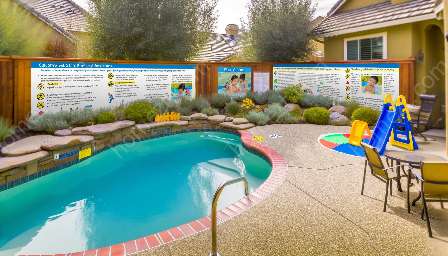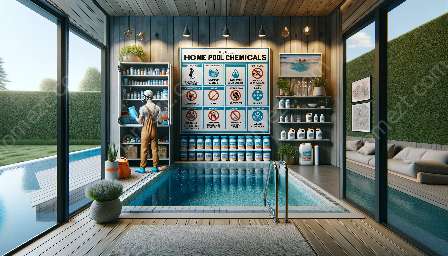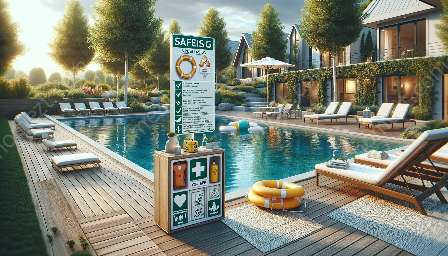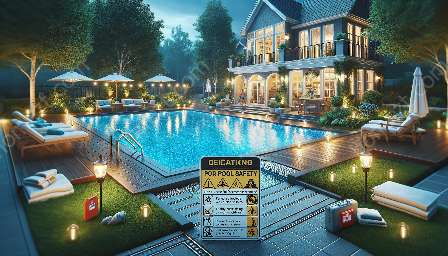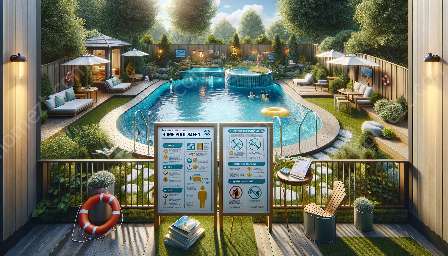Swimming is a popular activity for families during the warm months, and having a home pool can provide hours of fun and relaxation. However, maintaining a safe and healthy environment in your home pool is essential to prevent recreational water illnesses. By incorporating home pool safety measures and ensuring overall home safety and security, you can create an enjoyable and worry-free swimming experience for your family and guests.
Understanding Recreational Water Illnesses (RWIs)
Recreational water illnesses (RWIs) are caused by germs spread by swallowing, breathing in mists or aerosols of, or having contact with contaminated water in swimming pools, hot tubs, water playgrounds, and other recreational water sources. Common RWIs include various types of infections, such as gastrointestinal, skin, ear, respiratory, eye, and wound infections. Some germs can survive for long periods in even well-maintained pools and hot tubs, making it crucial to take preventative measures to minimize the risk of RWIs in home pools.
Home Pool Safety Measures
Implementing home pool safety measures is a fundamental step in preventing recreational water illnesses. Here are some important guidelines to maintain a safe and clean home pool:
- Regular Maintenance: Follow a routine maintenance schedule to keep the pool water clean and balanced. This includes checking the pool's pH and chlorine levels, skimming the pool surface, and clearing out debris regularly.
- Proper Filtration: Ensure that the pool's filtration system is functioning effectively to remove impurities from the water.
- Regular Chlorination: Maintain appropriate levels of chlorine in the pool water to kill harmful germs and bacteria.
- Hygiene Practices: Encourage swimmers to practice good hygiene, such as showering before entering the pool and refraining from swimming if they have diarrhea.
- Safety Barriers: Install secure fencing and appropriate safety covers to prevent unauthorized access to the pool, especially for young children and pets.
Home Safety and Security Integration
Integrating home safety and security measures with pool safety is essential for a holistic approach to protecting your family and guests. Consider the following steps to ensure overall home safety and security in the context of your home pool:
- Surveillance and Monitoring: Install a surveillance system to keep an eye on pool activities and ensure that the pool area is secure.
- Alarm Systems: Consider adding pool alarm systems that can alert you if someone enters the pool area unexpectedly, providing an extra layer of security.
- Emergency Preparedness: Keep safety equipment, such as lifebuoys and reach poles, easily accessible near the pool in case of emergencies.
- First Aid Kits: Maintain well-stocked first aid kits in the vicinity of the pool for quick access in the event of accidents or injuries.
- Proper Lighting: Ensure that the pool area is adequately lit, especially during night swimming, to minimize the risk of accidents and enhance security.
Conclusion
By integrating home pool safety measures with overall home safety and security, you can create a healthy and secure environment for your family and friends to enjoy the benefits of a home pool. Preventing recreational water illnesses in home pools not only ensures a pleasant swimming experience but also promotes the well-being of everyone who spends time in and around the pool. By following these guidelines, you can take proactive steps to minimize the risk of RWIs and maintain a safe and healthy home pool environment.



